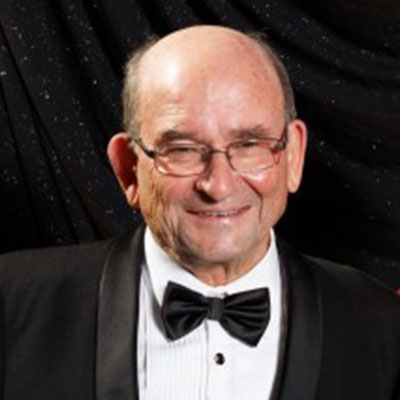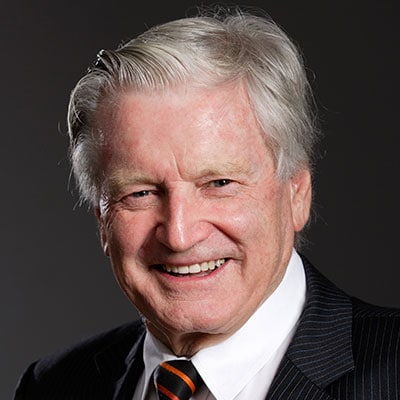MS is a debilitating disease that affects the communication of messages from nerve cells in the brain to the body. This results in numerous symptoms including complications with vision, motor control, fatigue, bladder control, sensory functions and pain.
These symptoms can become increasingly severe when there is an elevation in body temperature, with up to 80% of people with MS experiencing what is known as the Uhtoff’s Phenomenon. This phenomenon is characterised by the temporary worsening of symptoms when the core body temperature increases by 0.5 degrees Celsius or more.
Dr Ollie Jay, at the University of Sydney, has been investigating this phenomenon in a successful pilot study funded by MS Research Australia. This pilot study has culminated in a publication in the Journal of Experimental Physiology.
Many studies have focused on the control of movement, blood pressure and sweating when body temperature is elevated, however, Dr Jay and his team have been investigating the ability for the body to sense the different temperatures of objects on the skin.
The sensors which receive information from our skin and then transmit that information back to the brain are called afferent neurons. Normally the human body is very sensitive to fluctuations in temperatures, with the body being able to perceive differences which are as little as 0.4°C below our skin temperature.
In this study, the researchers placed people with MS and people without MS in a state of the art atmospheric controlled exercise chamber. This chamber allows the researchers to carefully control all aspects of the climate including the temperature, airflow, and humidity. The participants then exercised to increase their core body temperature and their ability to perceive differences in temperature of various stimuli on the skin was measured. The team discovered that people with MS failed to distinguish the difference between objects that were cooler than the skin (22°C and 26°C) after exercising, but could differentiate between two warm stimuli (34°C and 38°C) before and after exercise. Could they distinguish between the two stimuli before exercising?
Simply put, they found that the ability to distinguish different cold temperatures is blunted in people with MS when their body temperature increases, but not warm stimuli. Although further studies are required to determine the exact mechanism that alters temperature perception, it does show another side-effect of heat for people with MS.
This study is the first step in better understanding the Uhtoff Phenomenon and how people with MS respond to variations in temperature. MS Research Australia has also awarded a postgraduate scholarship to a PhD student, Georgia Chaseling, in Dr Jay’s laboratory to continue this work with funding support from the MS Society of WA.
Ultimately, this research may lead to better evidence-based advice on how people with MS can best manage this very debilitating symptom of MS.
Article courtesy of MS Research Australia www.msra.org.au











